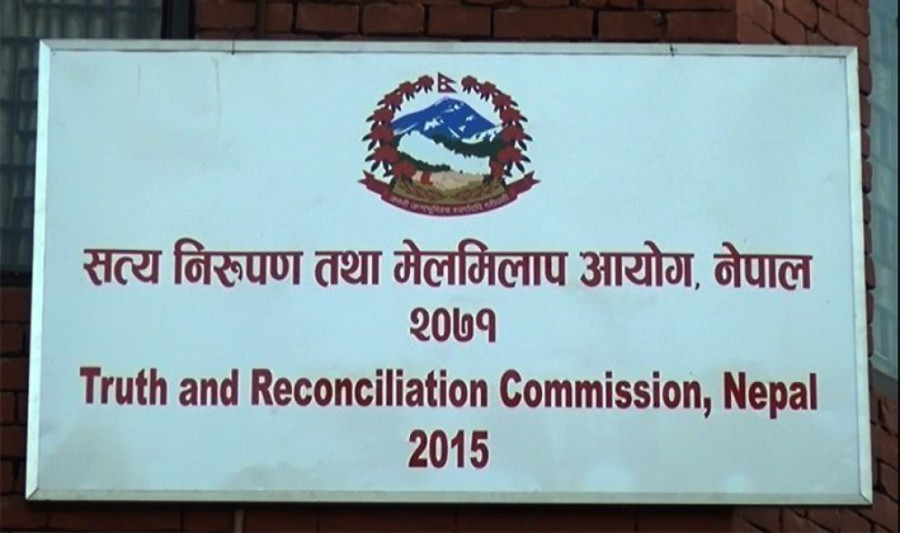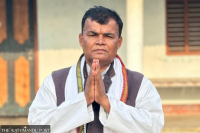National
New panel to begin fresh selection for transitional justice officials
Congress, UML and Maoist party chiefs pledge to ensure justice to conflict victims.
Post Report
A week after its formation, the committee tasked with nominating office bearers for the Truth and Reconciliation Commission and the Commission of Investigation of Enforced Disappeared Persons commenced its work from Sunday.
The KP Sharma Oli administration, after consultation with the leader of the opposition CPN (Maoist Centre) chair Pushpa Kamal Dahal, on March 24, formed the committee led by former chief justice Om Prakash Mishra. The new committee retained the coordinator and the three members from the previous panel, which had failed to accomplish its job within a two-month deadline.
However, the National Human Rights Commission is represented by its commissioner, Lily Thapa. Commissioner Manoj Duwady had represented the commission earlier.
The first meeting of the recommendation committee picked Thapa as its spokesperson. “We have broadly agreed to start a fresh selection process. However, no formal decision has been made,” said Thapa. The next meeting slated for Tuesday will make some decisions about its working procedures.
As the government retained the coordinator and three members from the previous panel, there is speculation that the new panel may build on the work already done.
Commencement of the fresh process means the panel will call applications from aspirations. Those shortlisted will be interviewed and asked to give presentations. Finally, two chairpersons and eight members will be recommended for appointment, and the Cabinet will make the fnal appointments. The new teams will have four years to complete the investigation, seek the truths, recommend for reparations and prosecution.
The search committee is planning to conclude the process before its deadline concludes. Formed on March 24, it has until May 23 to recommend 10 office bearers—five including the chairperson for each commission.
The two commissions have been inactive since July 2022 after the government decided to extend their terms without retaining their chairmen and members. At the time, the government had claimed the bill to amend the Enforced Disappearances Enquiry, Truth and Reconciliation Commission Act would be endorsed by October 2022 and the appointments be made based on the revised law. However, it took more than two years for the amendment.
After long negotiations among major parties, the federal parliament amended the Act in August 2024, more than nine years after the Supreme Court turned down a number of amnesty provisions in it. Two months later, the government on October 18 formed a five-member panel coordinated by Mishra to recommend names for the two chairpersons and eight members for the two commissions combined.
However, the Mishra-led panel failed to accomplish its job within the deadline following serious differences among its members over the names. It exhausted its tenure in mid-December last year.
Three months later, the government constituted the Mishra-led committee.
The top leaders of the major parties say competent teams would be formed to investigate the truth behind incidents of human rights violations and ensure justice to the victims.
Putting their views at the national conference on Nepal’s transitional justice process organised by the International Commision of Jurists and others on Thursday, Oli, Nepali Congress President Sher Bahadur Deuba and Pushpa Kamal Dahal, CPN (Maoist Centre) chair made a public commitment to support concluding the process ensuring justice to the victims.
Formed in February 2015 to investigate war-era crimes and atrocities, the truth commission has received 63,718 complaints. Similarly, the disappearances commission has around 2,500 complaints to investigate and find out whereabouts of the people forcibly disappeared by the Maoist and the state security forces.




 23.27°C Kathmandu
23.27°C Kathmandu














